In June 2020, Apple launched a significant revolution in the form of the Apple Silicon project. It was then that he presented a plan according to which he would completely abandon Intel processors for his computers and replace them with his own, significantly better solution. Thanks to this, today we have Macs with great performance and low energy consumption, which was rather a dream, but an unachievable goal for earlier models. Although the M1, M1 Pro and M1 Max chips are able to put Intel's processors under the fire, this semiconductor manufacturer is still not giving up and is trying to bounce back from the bottom.
But it is necessary to compare Apple Silicon vs. Intel look from the right side. Both variants have their pros and cons and cannot be directly compared. Not only do they both build on different architectures, but they also have different goals. While Intel works on the maximum possible performance, Apple approaches it a little differently. The Cupertino giant never mentioned that it would bring the most powerful chips to the market. Instead, he often mentioned a figure performance per watt or power per watt, according to which one can judge the clear goal of Apple Silicon - to provide the user with the highest possible performance with the lowest consumption. After all, this is why today's Macs offer such good battery life. The combination of arm architecture and sophisticated development makes the chips powerful and economical at the same time.
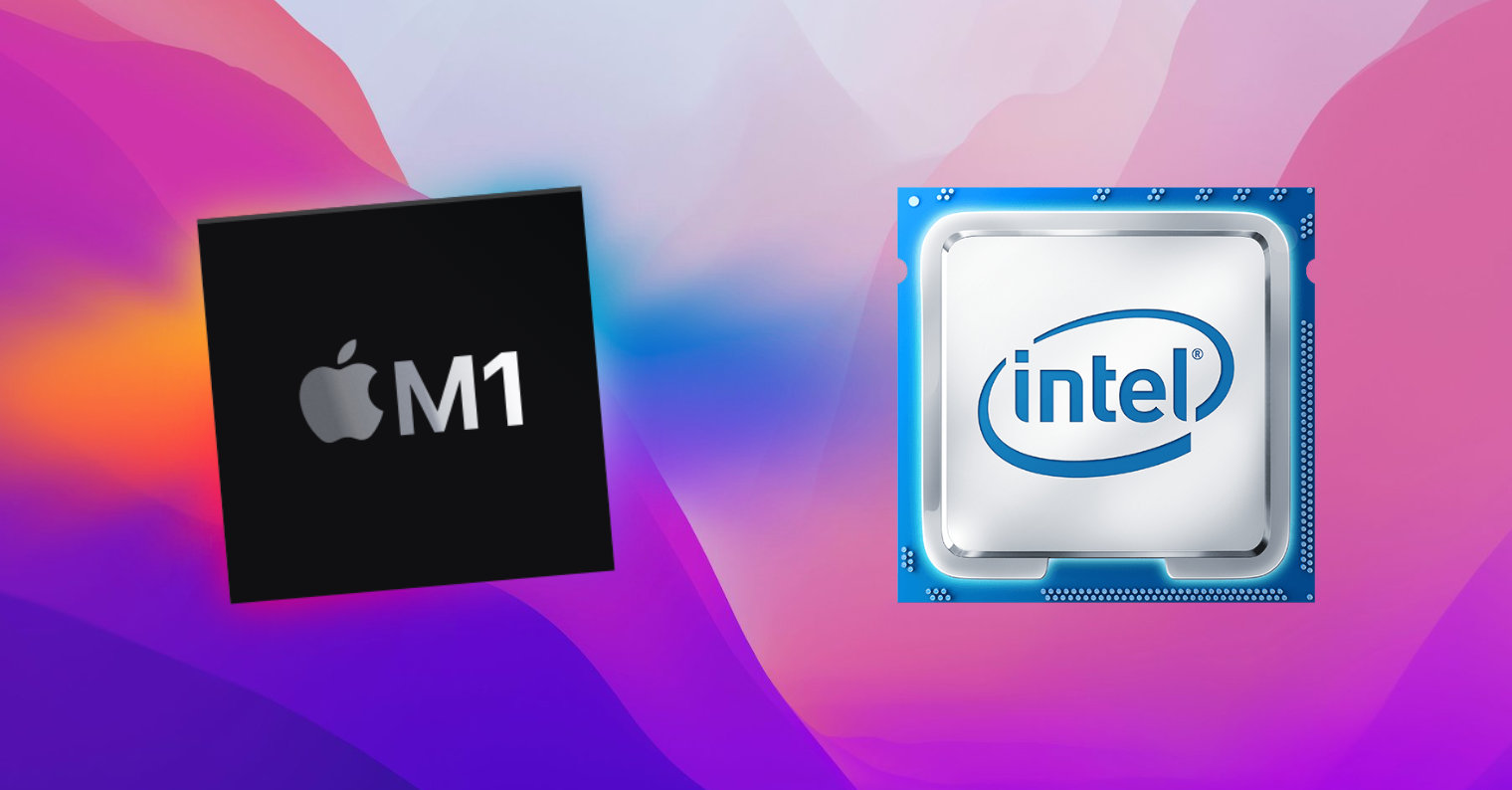
Intel fights for its name
Until a few years ago, Intel was the symbol of the best you can get when choosing a processor. But over time, the company began to encounter unpleasant problems that caused the loss of its dominant position. The last nail in the coffin was the aforementioned Apple Silicon project. It is because of this that Intel lost a relatively important partner, as only its processors have been beating in Apple computers since 2006. Even during the existence of the mentioned Apple M1, M1 Pro and M1 Max chips, however, we could register several reports that Intel brings even more powerful A CPU that handles apple components with ease. While these claims are true, it doesn't hurt to set them straight. After all, as we mentioned above, Intel can offer higher performance, but at the cost of much greater consumption and heat.
On the other hand, such competition can help Intel tremendously in the finals. As we mentioned above, this American giant has been lagging behind a lot in recent years, due to which it has to fight for its good name more than ever. So far, Intel has only had to deal with pressure from AMD, while Apple is now joining the company, relying on Apple Silicon chips. Strong competition can propel the giant forward. This is also confirmed by Intel's leaked plan, whose upcoming Arrow Lake processor is even supposed to surpass the capabilities of the M1 Max chip. But it has a significant catch. According to the plan, this piece will not appear for the first time until the end of 2023 or the beginning of 2024. So, if Apple stopped completely, it is possible that Intel will actually overtake it. Of course, such a situation is rather improbable - there is already talk of the next generation of Apple Silicon chips, and it is said that relatively soon we will see the most powerful Macs in the form of the iMac Pro and Mac Pro.
Intel is no longer coming to Macs
Even if Intel recovers from the current crisis and comes up with better processors than ever before, it can forget about returning to apple computers. Changing the processor architecture is an extremely fundamental process for computers, which was preceded by many years of development and testing, during which Apple managed to develop a solution that was completely unique and capable of exceeding expectations. In addition, huge sums had to be paid for the development. At the same time, the whole issue has a significantly deeper meaning, when the main role is not even played by the performance or economy of these components.
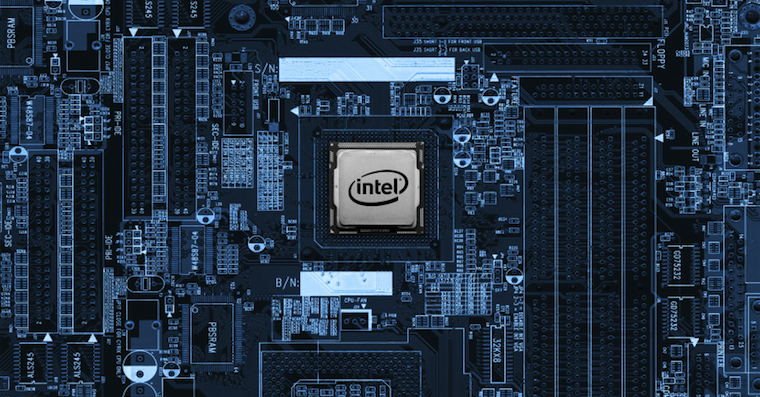
It is extremely important for every technology company to be as little dependent as possible on other companies. In such a case, he can reduce the necessary costs, he does not need to negotiate with others about the given matters, and thus he has everything under his control. After all, for this reason, Apple is now also working on its own 5G modem. In that case, it would get rid of its dependence on the Californian company Qualcomm, from which it currently buys these components for its iPhones. Although Qualcomm holds thousands of patents in this area and it is quite possible that the giant will have to pay license fees even with its own solution, it will still be beneficial for it. In the opposite case, he would logically not engage in development. The components themselves play a rather key role, and abandoning them would point to problems of a gigantic nature.
It could be interest you
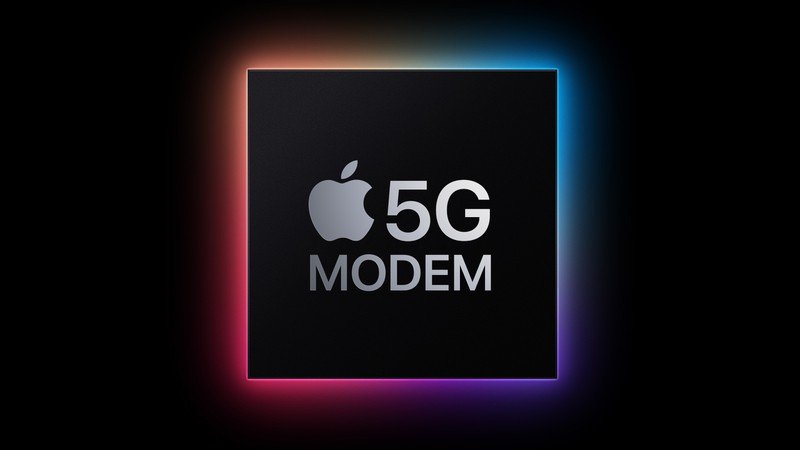
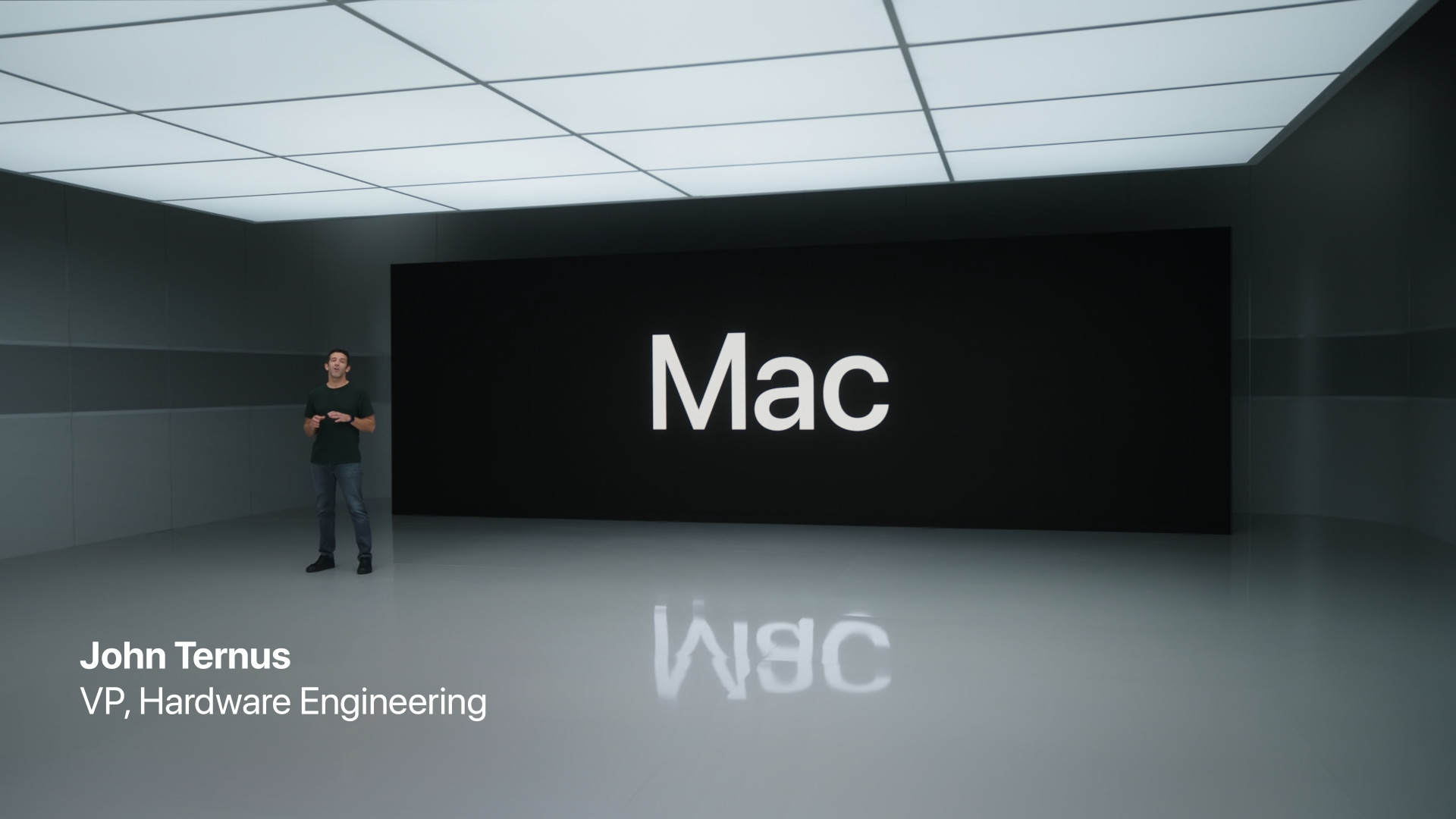

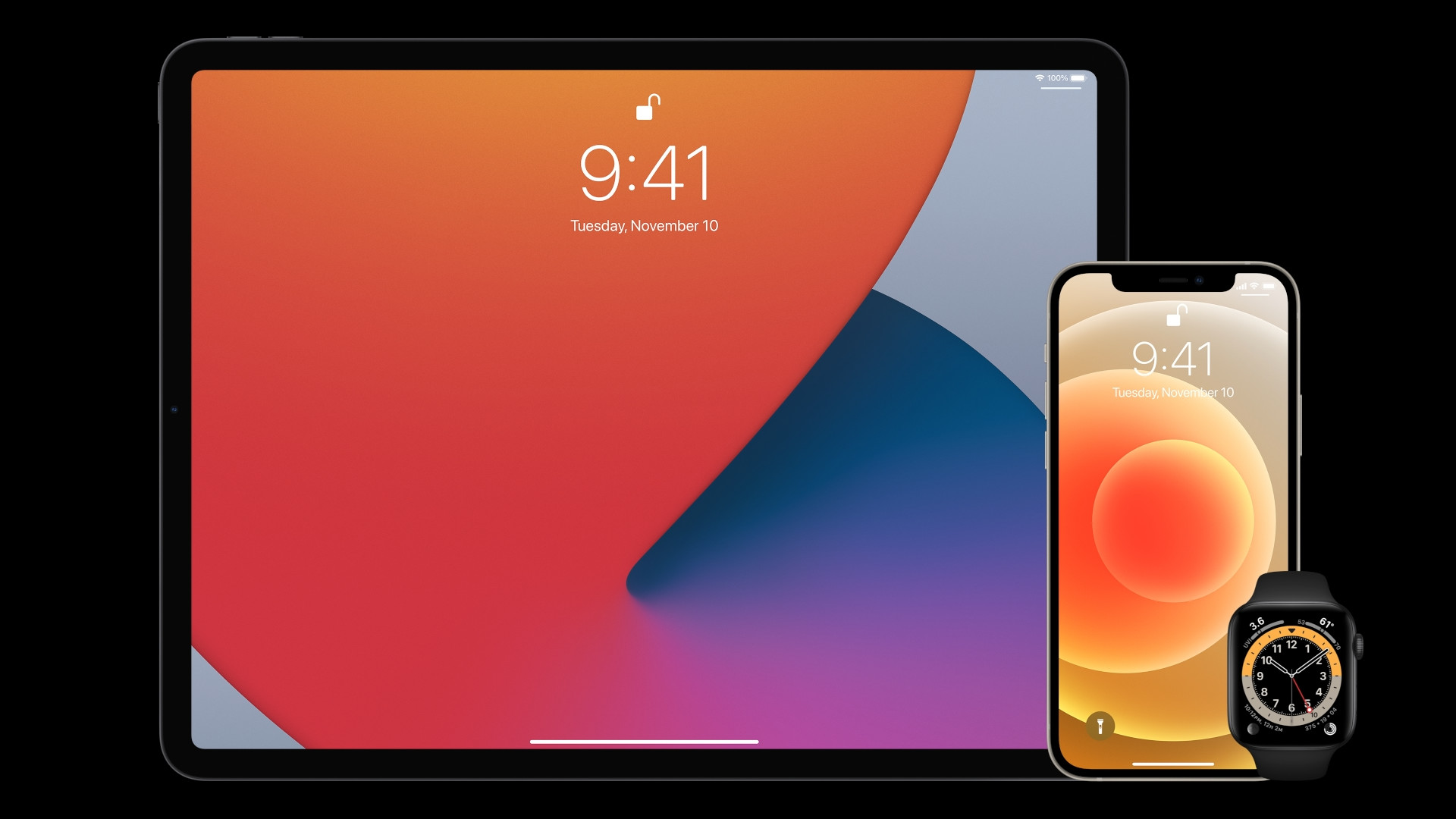
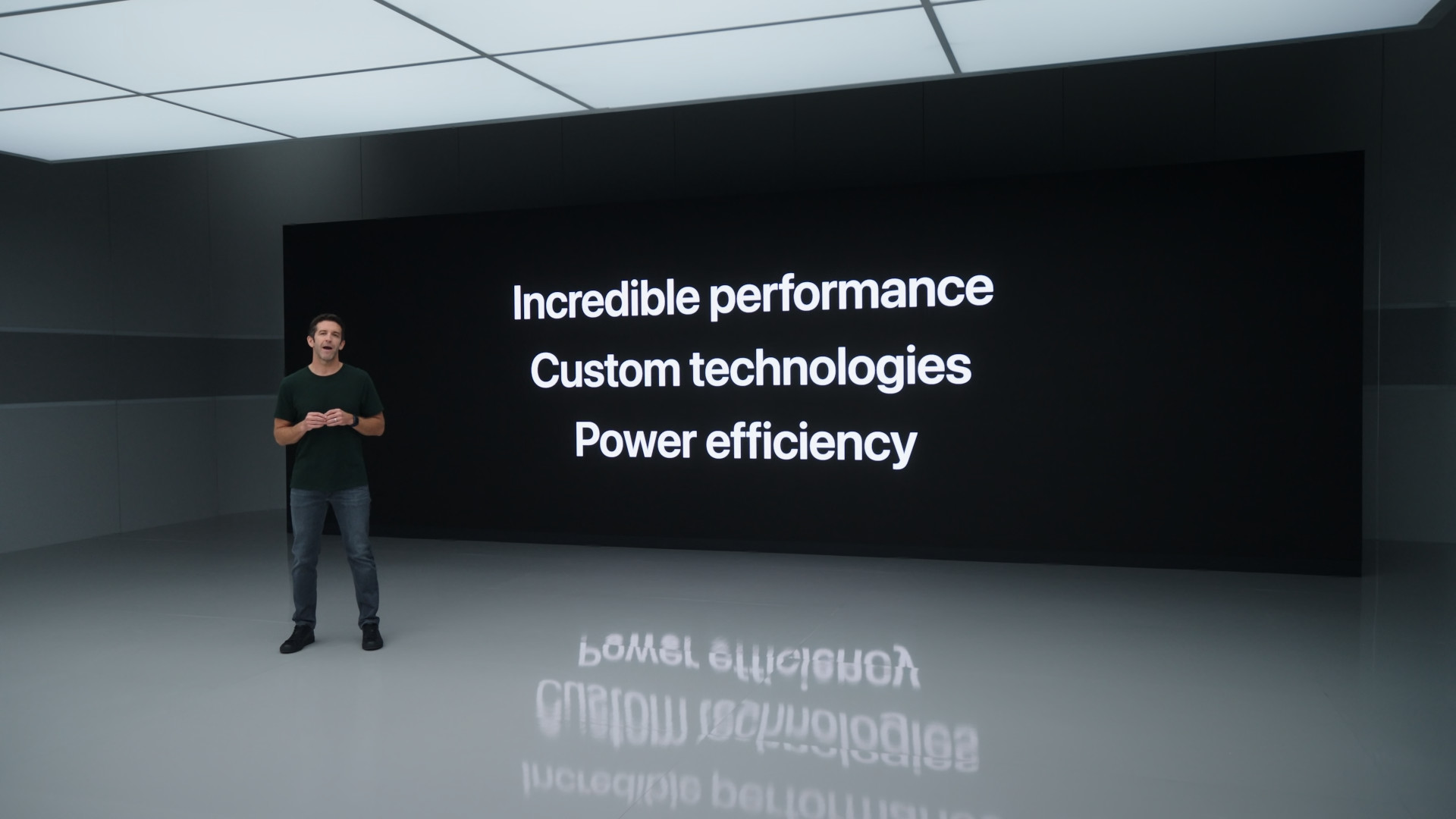

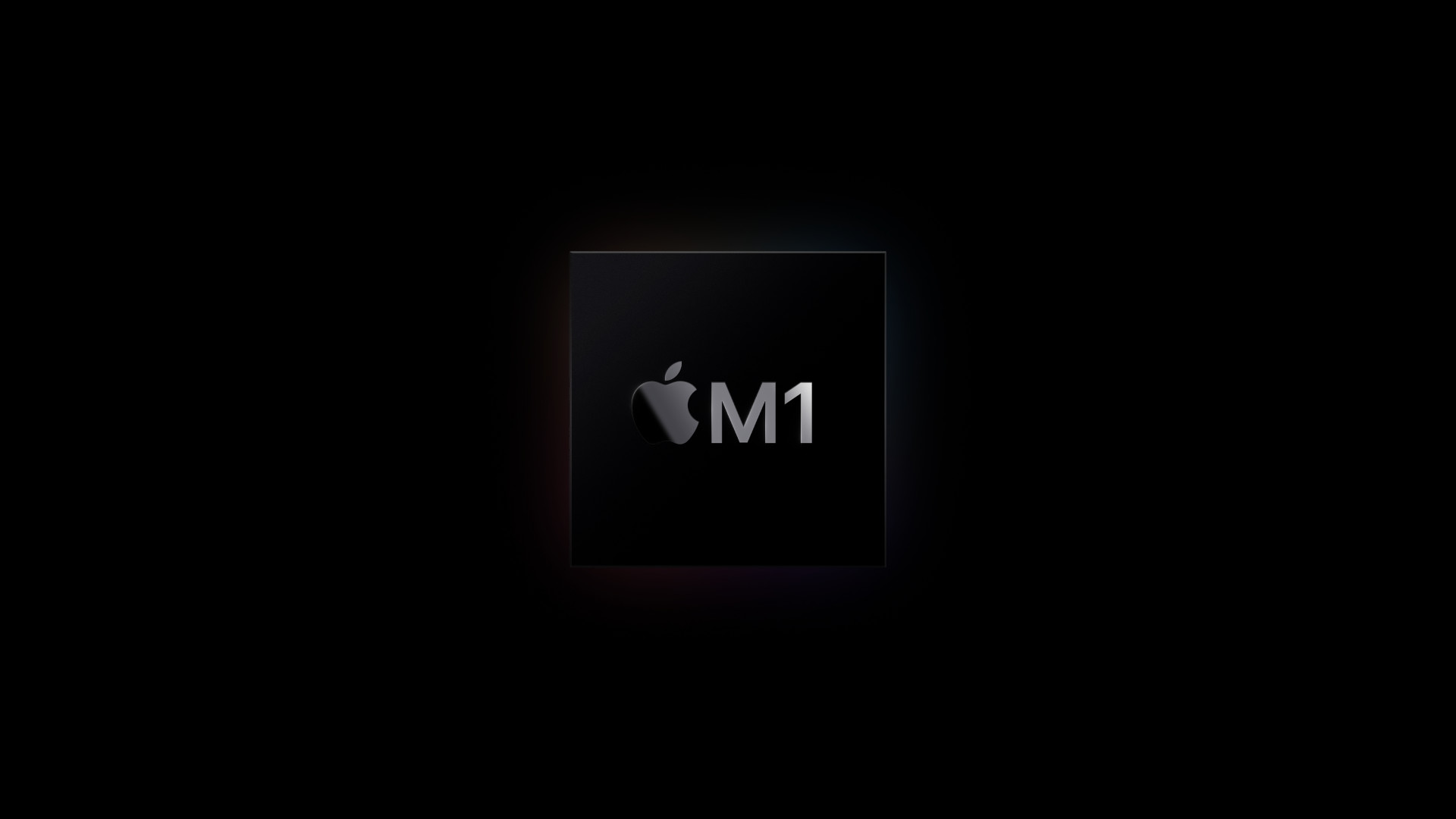
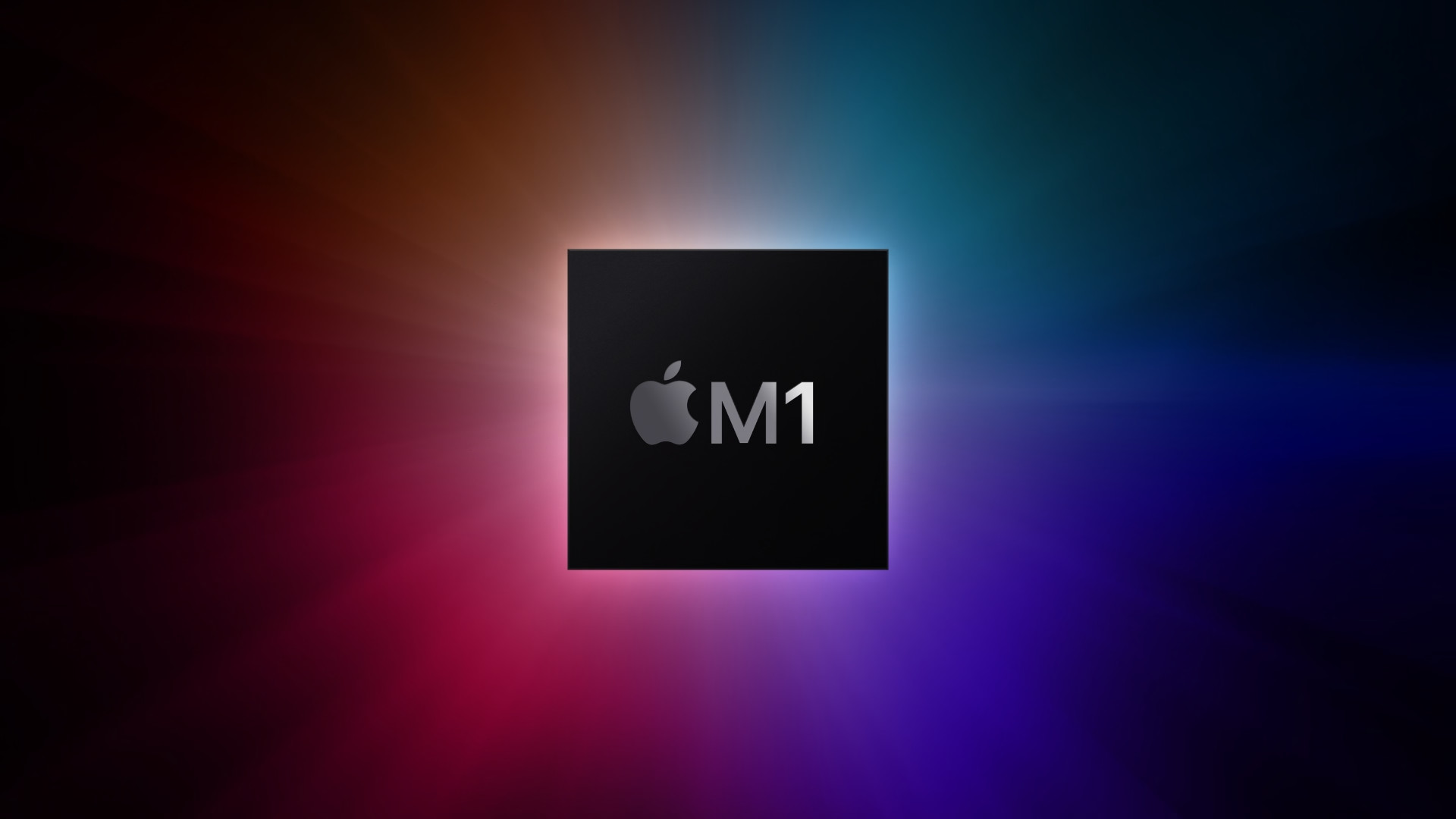
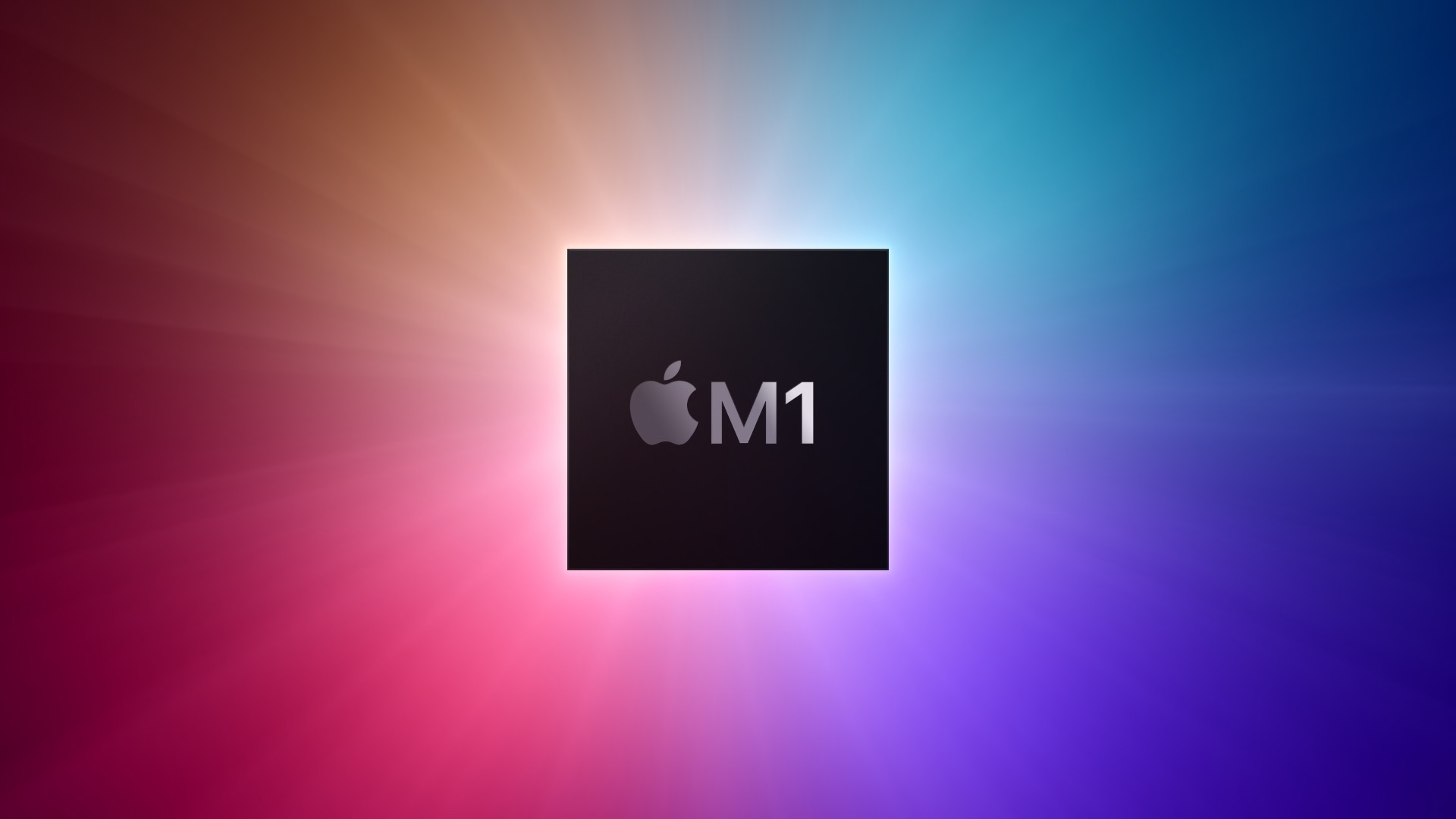
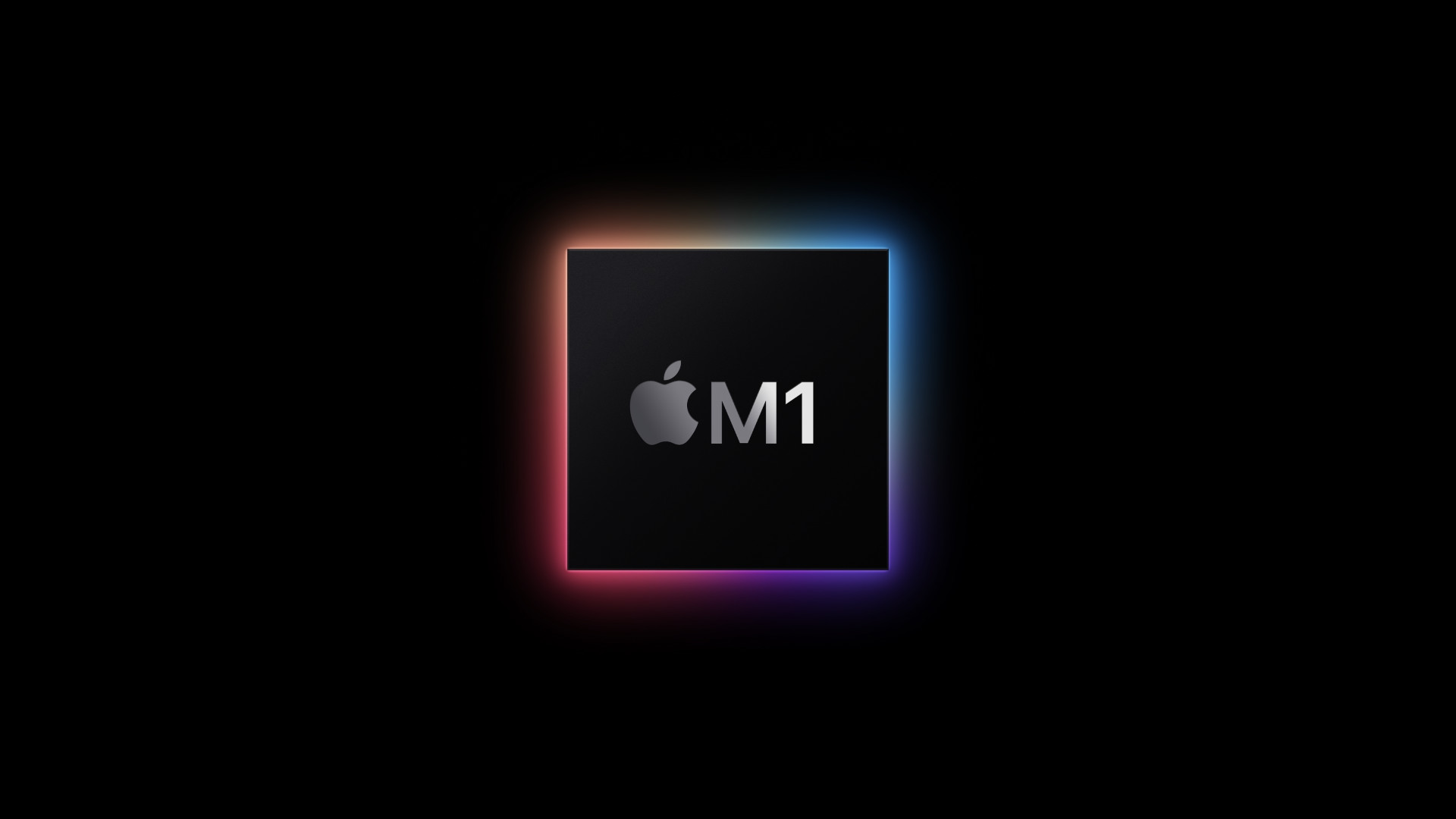
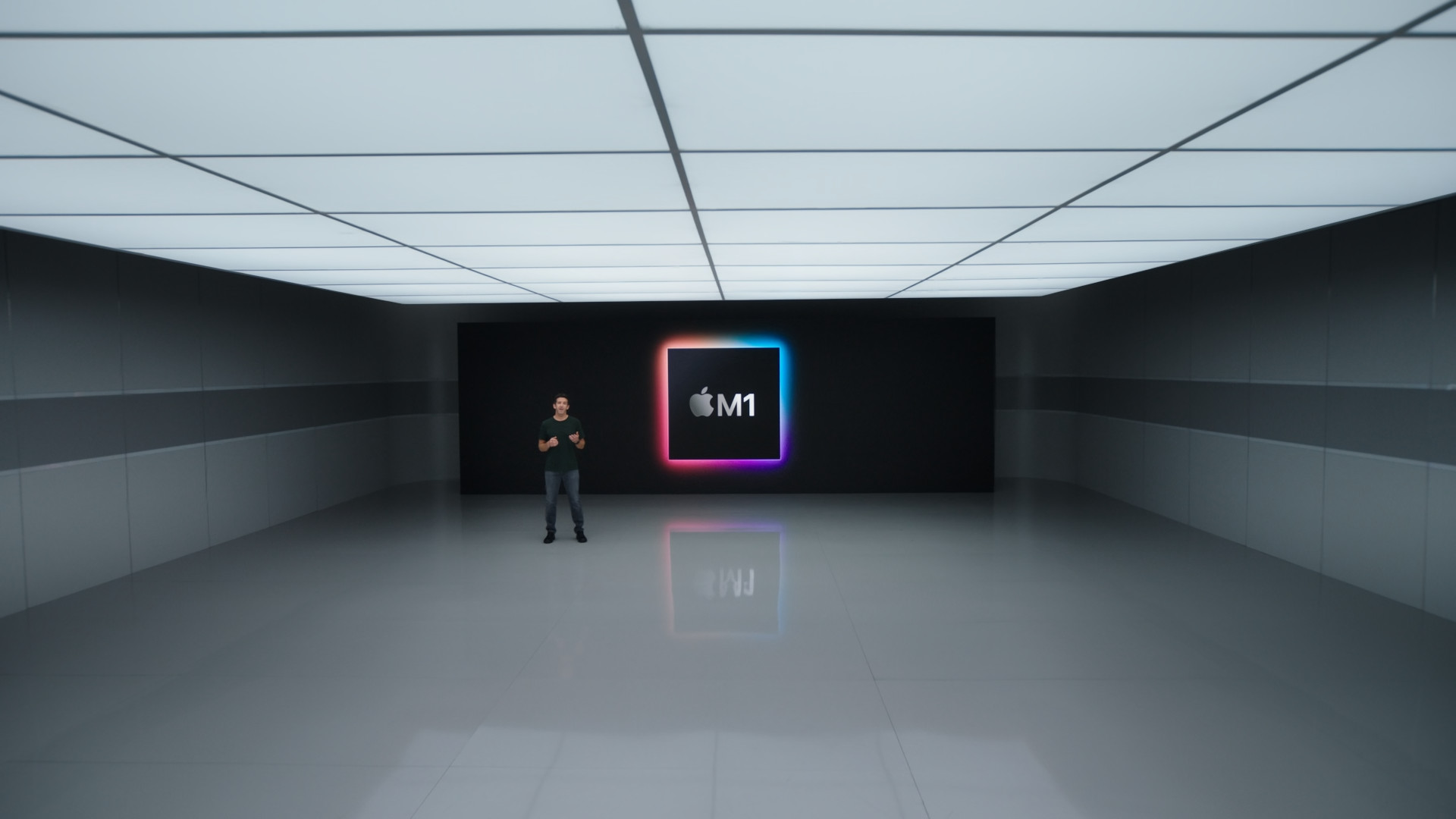
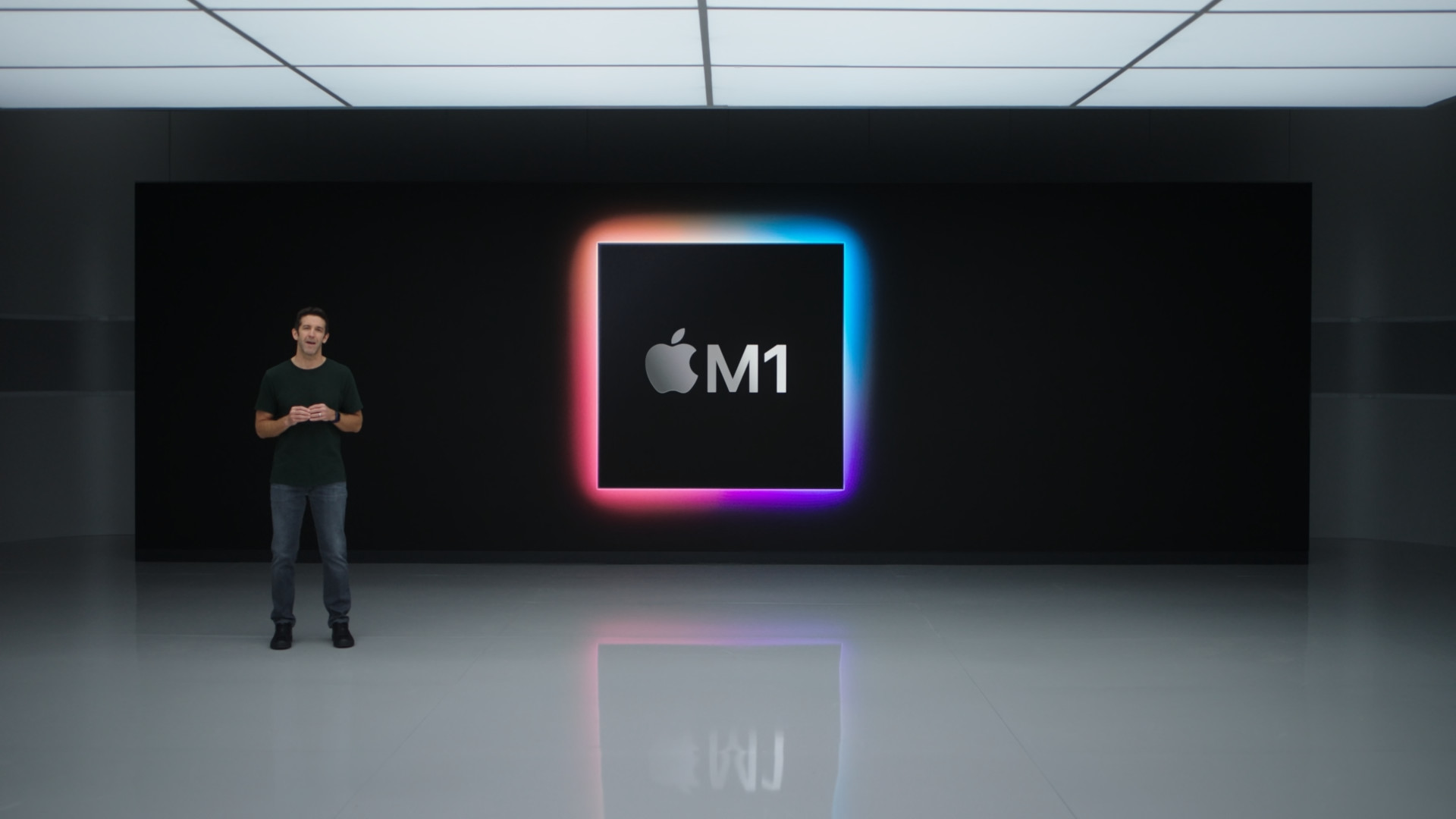

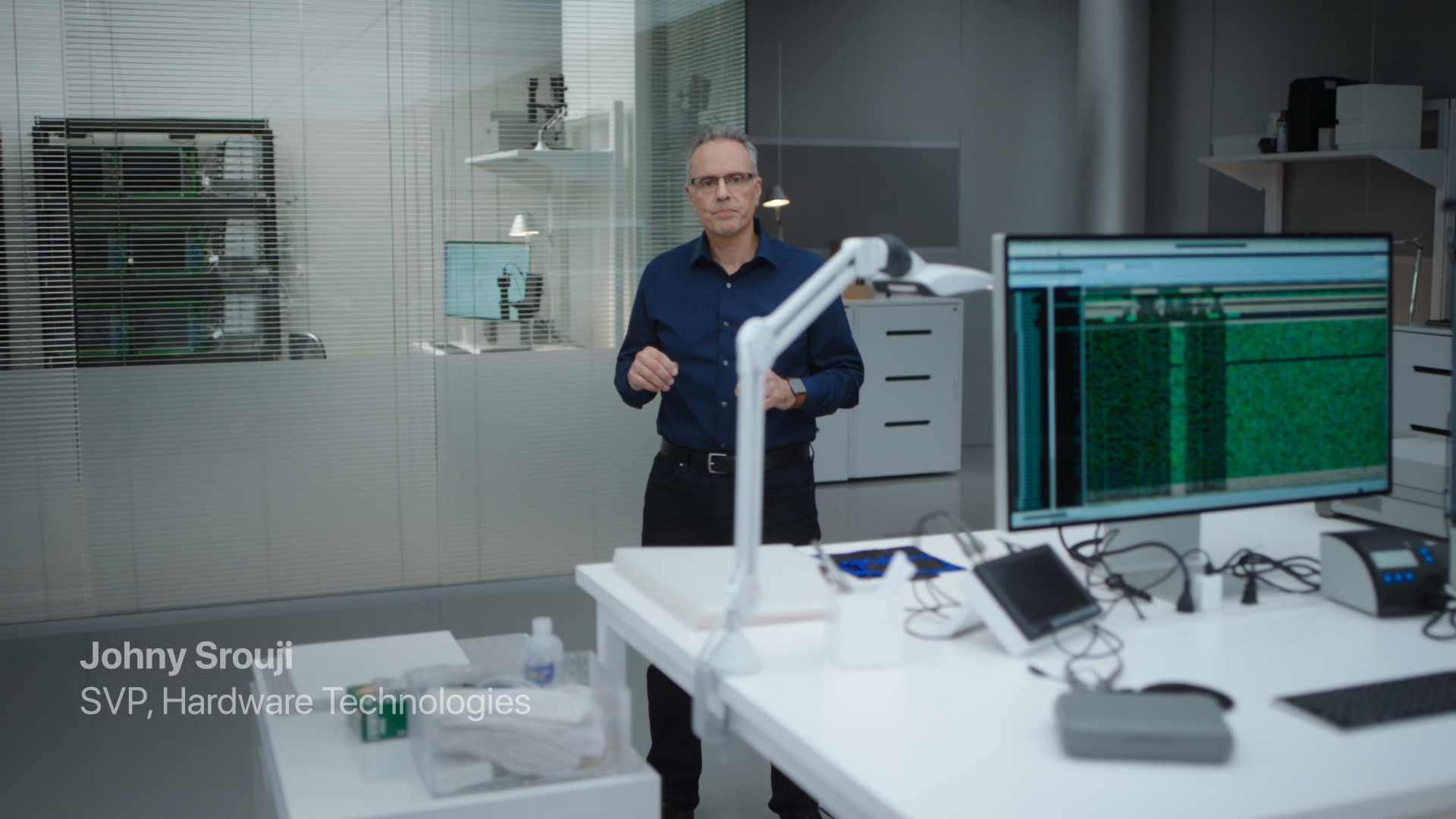



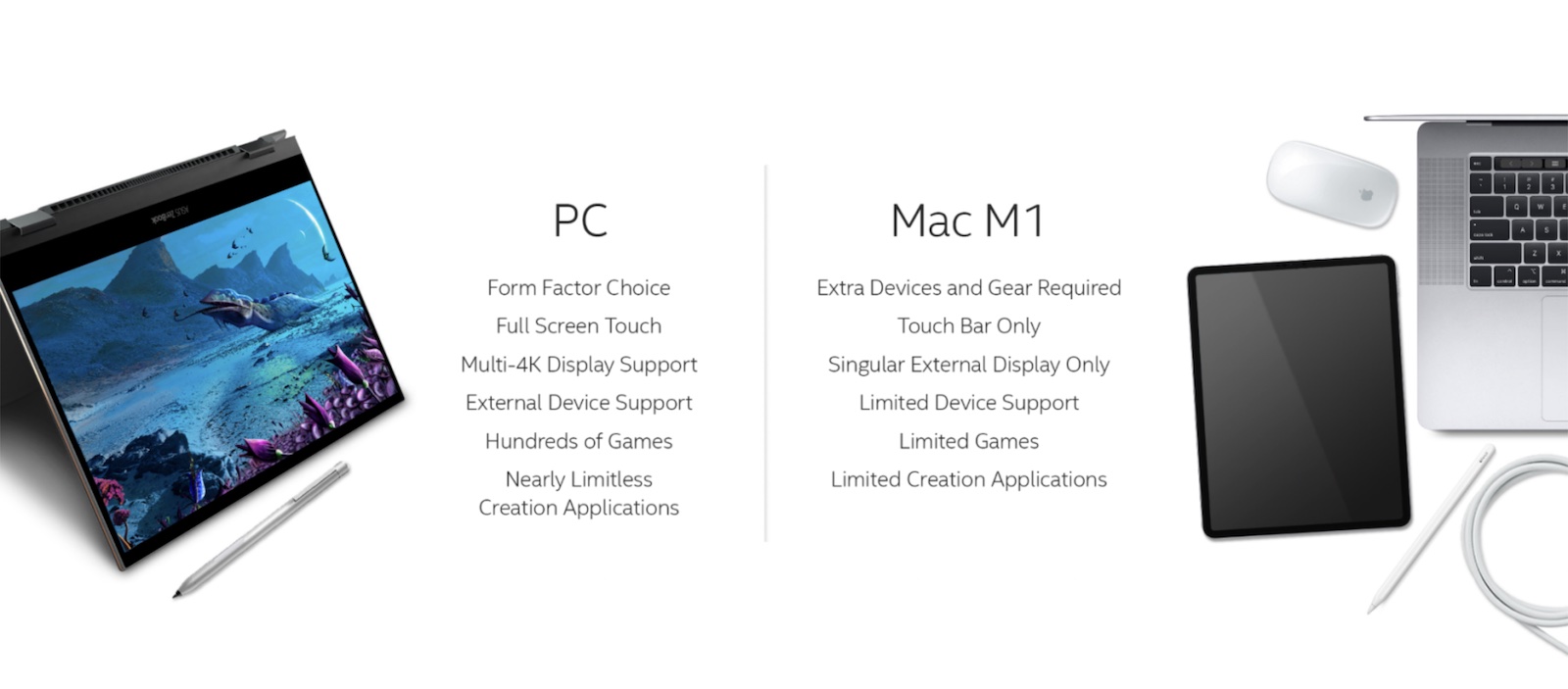
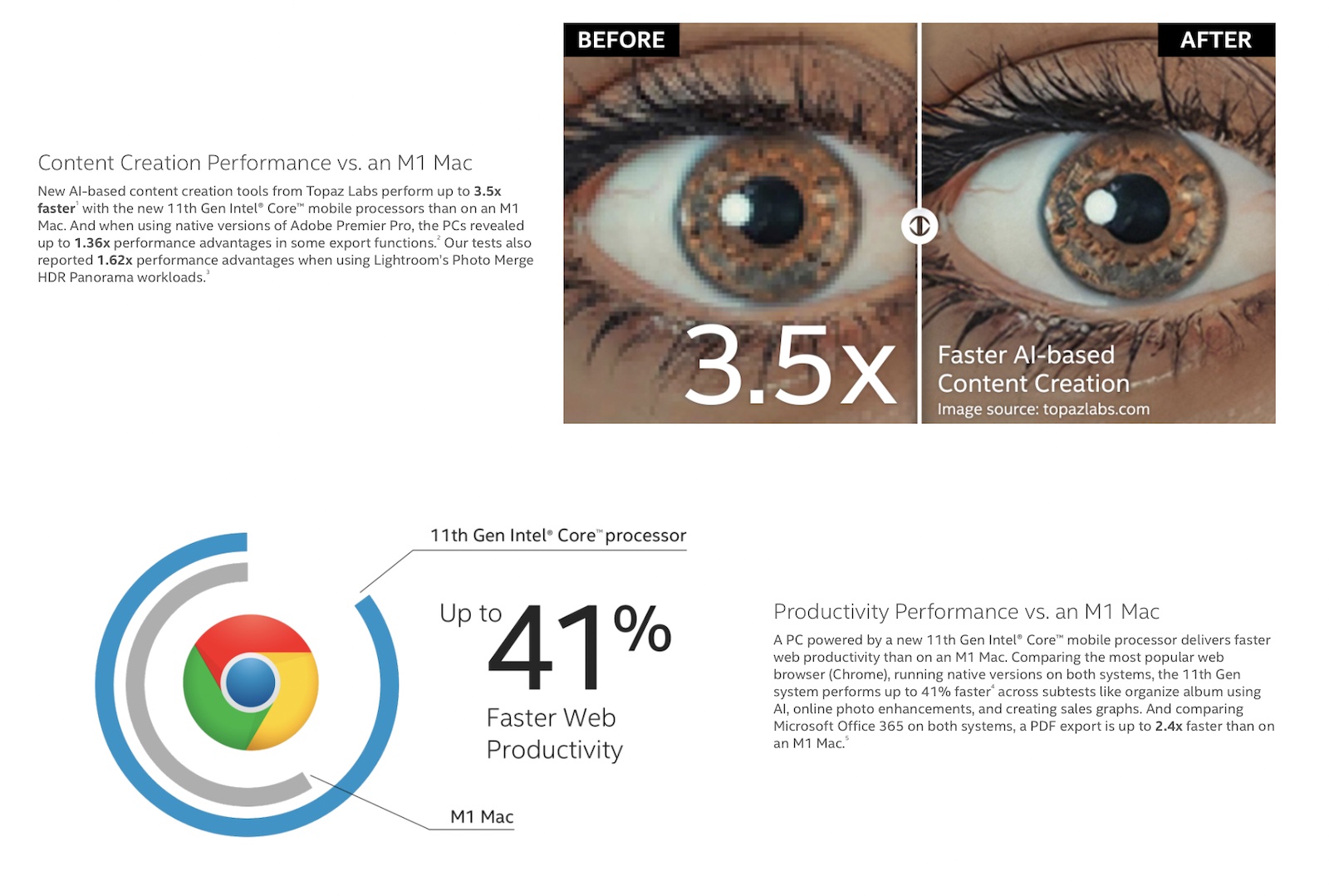

Rumors are that Apple will release a parallel Mac Pro with Intel, probably for a certain part of customers and maybe also because of maximum performance (Alder Lake - in terms of single-chip performance. Some Dual/Quadro Max would mix it up, but mainly probably due to compatibility). Of course, this doesn't change anything in the long term, but you'll probably "be surprised" :)
On the one hand, it's a shame. The new Intels are great, but as a recent owner of the MBP 14 I note with only the basic M1 Pro, I'm absolutely thrilled. Durability of 17 hours. Native Apple applications or maybe development in Xcode all fast as a pig. I need to make a program in WinUI ac# for school. Even though I have ARM Windows in Parallels and Visual Studio 2022 for Intel in them, it's normally usable. So far, I've spun the fans only once, and that was when programming in Visual Studio in Windows ARM. But that's a very unusual way of using it. For example, in Visual Studio for Mac where I work in Xamarin, the fans do not spin at all, which was always the case in the Intel version.